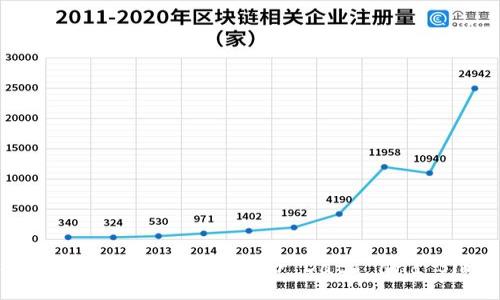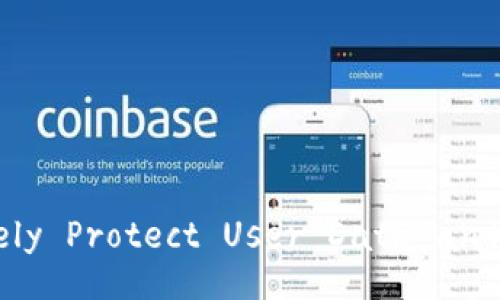内容大纲:
I. Introduction
- Brief overview of data protection and compliance challenges
- What is VGS Tokenization and how it works
II. Benefits of VGS Tokenization
- User data protection
- Simplify PCI compliance
- Secure data storage
- Compliance with data protection regulations
III. How VGS Tokenization Works
- Steps involved in tokenizing sensitive data
- Types of data that can be tokenized
- Integration of VGS with existing systems
IV. VGS Tokenization Use Cases
- Online payment processing
- Healthcare industry
- E-commerce sites
- Financial services
V. Common Questions About VGS Tokenization
1. How does VGS protect user data?
2. What types of data can be tokenized?
3. Can VGS be integrated with existing systems?
4. How does VGS simplify PCI compliance?
5. Are there any limitations to VGS Tokenization?
6. What is the cost of VGS Tokenization?
I. Introduction
With growing concerns over data breaches and compliance regulations, companies are faced with significant challenges in protecting user data and ensuring compliance with data protection laws such as the GDPR and PCI DSS. VGS Tokenization provides a secure way for businesses to store, process, and transmit sensitive data while simplifying their compliance efforts.
VGS Tokenization is a cloud-based service that replaces sensitive data with a secure token to prevent unauthorized access to user data. The token is stored by VGS, allowing businesses to process and transmit data without compromising user privacy or security.
II. Benefits of VGS Tokenization
1. User data protection: With VGS tokenization, sensitive data such as credit card numbers and personal identifiable information are replaced with a token, greatly reducing the risk of data breaches and identity theft.
2. Simplify PCI compliance: The Payment Card Industry Data Security Standard (PCI DSS) requires businesses to protect cardholder data. By using VGS Tokenization, businesses can minimize their PCI compliance obligations by removing sensitive data from their systems.
3. Secure data storage: VGS provides secure tokenization and storage of sensitive data in compliance with industry regulations and data protection laws.
4. Compliance with data protection regulations: VGS Tokenization ensures that businesses are in compliance with data protection laws such as the GDPR and HIPAA.
III. How VGS Tokenization Works
1. Steps involved in tokenizing sensitive data: The VGS Tokenization process involves several steps, including data mapping, tokenizing, detokenizing, and secure storage.
2. Types of data that can be tokenized: VGS Tokenization can be used to protect a wide range of sensitive data, including credit card numbers, Social Security numbers, and medical records.
3. Integration of VGS with existing systems: VGS Tokenization can be easily integrated into existing systems, such as e-commerce platforms and financial services applications.
IV. VGS Tokenization Use Cases
1. Online payment processing: VGS Tokenization provides a secure way for businesses to process online payments without compromising user data or violating PCI compliance standards.
2. Healthcare industry: The healthcare industry is required to protect sensitive patient data under HIPAA regulations. VGS Tokenization provides a secure way to store, process, and transmit medical records and personal health information.
3. E-commerce sites: E-commerce sites are required to protect user data, including credit card numbers and personal identifiable information. VGS Tokenization provides an easy way to comply with data protection requirements while processing online orders.
4. Financial services: Financial service companies are required to protect sensitive data, including bank account numbers and investment information. VGS Tokenization provides a secure method for processing and storing sensitive data while complying with industry regulations.
V. Common Questions About VGS Tokenization
1. How does VGS protect user data?
VGS protects user data by tokenizing sensitive information and storing it in a secure cloud-based system. This eliminates the need to store sensitive data in-house and minimizes the risk of data breaches and identity theft.
2. What types of data can be tokenized?
VGS Tokenization can be used to protect a wide range of sensitive data, including credit card numbers, Social Security numbers, and medical records.
3. Can VGS be integrated with existing systems?
Yes, VGS Tokenization can be easily integrated into existing systems such as e-commerce platforms and financial services applications.
4. How does VGS simplify PCI compliance?
VGS Tokenization simplifies PCI compliance by removing sensitive data from businesses' systems. This reduces the scope of PCI audits and minimizes the risk of data breaches and non-compliance penalties.
5. Are there any limitations to VGS Tokenization?
VGS Tokenization is not suitable for encrypting data that must be processed in real-time or encrypted data that must be decrypted on the fly.
6. What is the cost of VGS Tokenization?
The cost of VGS Tokenization varies depending on the volume of data and level of service required. Typically, VGS charges a fixed monthly fee based on the number of tokens generated.


tpwallet
TokenPocket是全球最大的数字货币钱包,支持包括BTC, ETH, BSC, TRON, Aptos, Polygon, Solana, OKExChain, Polkadot, Kusama, EOS等在内的所有主流公链及Layer 2,已为全球近千万用户提供可信赖的数字货币资产管理服务,也是当前DeFi用户必备的工具钱包。

